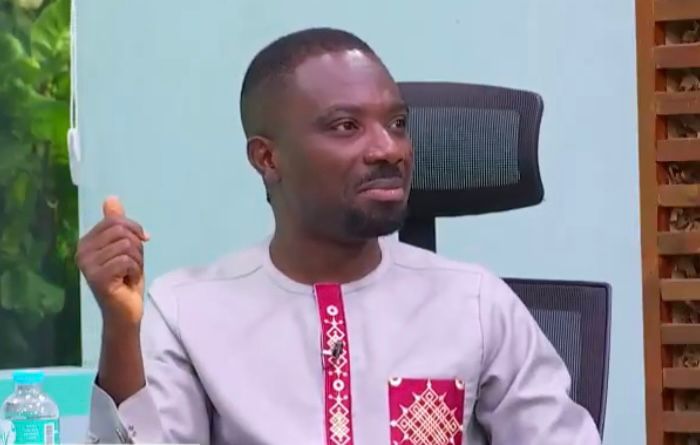The recent directive by former President John Dramani Mahama to cancel fuel allowances for political appointees has been met with skepticism and accusations of deception from Dennis Miracles Aboagye, an aide to former Vice President Dr. Mahamudu Bawumia. Mr. Aboagye contends that the announcement, presented as a cost-cutting measure, is merely a public relations stunt designed to mislead Ghanaians. He argues that the fuel allowances stipulated in the appointment letters of political appointees are, in practice, never directly paid to them. Instead, the government covers the fuel costs for official vehicles used by appointees, making the directive essentially meaningless.
Mr. Aboagye’s central argument revolves around the practicalities of government operations. He highlights that political appointees, such as ministers, utilize government-provided vehicles for their official duties. These vehicles are fueled by the respective government agencies, not by the appointees themselves. Therefore, the cancellation of a nominal fuel allowance that is never actually disbursed has no real impact on government spending. He uses the hypothetical example of a minister needing to travel for a meeting. The minister would use an official vehicle fueled by the ministry, not their personal funds. This, he argues, demonstrates the redundancy of the directive and its purely performative nature.
The timing of the directive, coming amidst other austerity measures such as staff downsizing and cancellation of satellite TV subscriptions, further fuels Mr. Aboagye’s suspicion. He believes that these measures are orchestrated to create an impression of fiscal responsibility and prudence in the eyes of the public. He portrays the Mahama administration as engaging in a calculated campaign of public relations, prioritizing perception over genuine economic reform. This, he alleges, is a pattern of behavior designed to deceive the public into believing the government is taking meaningful steps to address economic challenges.
In essence, Mr. Aboagye posits that the directive to cancel fuel allowances is a symbolic gesture devoid of practical impact. He claims that it is a carefully crafted illusion designed to project an image of fiscal responsibility without actually addressing the underlying issues of government spending. This “scam,” as he terms it, aims to manipulate public opinion and deflect attention from the government’s true financial management practices. He emphasizes the disconnect between the announced policy and the actual functioning of government operations, highlighting the alleged deceptive nature of the directive.
Furthermore, Mr. Aboagye’s accusation underscores a broader critique of the Mahama administration’s approach to governance. He suggests that the government prioritizes public perception over substantive policy. By focusing on highly visible but ultimately inconsequential measures, the administration creates a façade of action while avoiding more complex and potentially unpopular reforms. This, he implies, is a deliberate strategy to maintain public support while avoiding difficult decisions that might negatively impact their political standing.
In conclusion, Mr. Aboagye characterizes the fuel allowance cancellation as a deceptive public relations tactic employed by the Mahama administration. He argues that the directive lacks practical implications, as political appointees do not directly receive or utilize the stipulated fuel allowances. Instead, their official vehicles are fueled by government agencies. He views this as a calculated maneuver designed to create a false impression of fiscal responsibility, thereby misleading the public about the government’s true spending patterns. His accusations raise questions about the sincerity of the government’s austerity measures and the broader transparency of its financial management practices.


